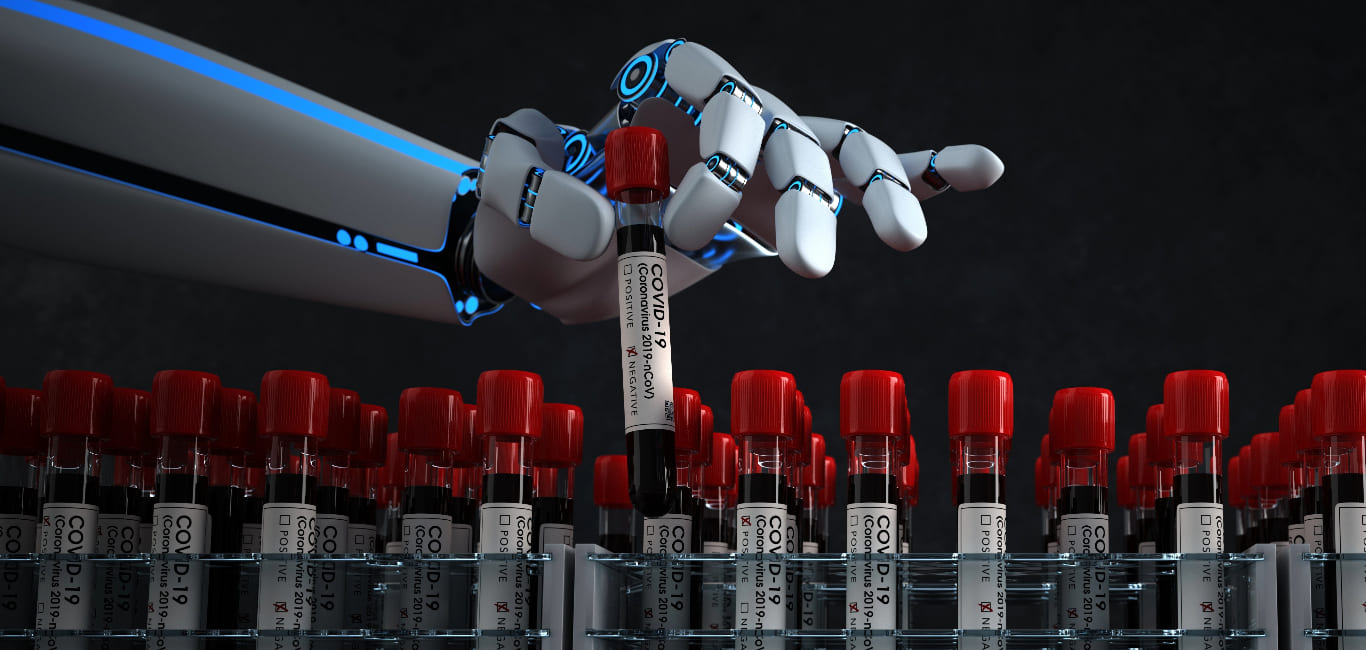AI Breakthrough Uncovers Health Risks With Routine Blood Tests

Everyday Bloodwork Becomes a Life-Saving AI Diagnostic Tool
A new artificial intelligence system developed by academic researchers has made headlines by extracting powerful, early-warning health signals from basic routine blood tests—a diagnostic step-change with the potential to transform preventive medicine worldwide[3].
The Innovation
Researchers from multiple universities have engineered an AI model trained on millions of anonymized bloodwork records from standard healthcare visits. Unlike previous systems, this model detects subtle, overlooked patterns signaling risk factors for a range of life-threatening diseases, often years before symptoms surface. Early experiments show the AI can forecast critical events such as heart attacks and sepsis with far greater accuracy than existing screening protocols[3].
Why This Matters
Routine bloodwork is one of the most widely performed and accessible health tests globally, yet much of its predictive power has gone untapped. While physicians traditionally use a handful of understood metrics, the AI uncovers hundreds of latent features—composite patterns invisible to human clinicians. This makes advanced risk prediction feasible for more patients and clinics, without expensive technologies or invasive monitoring.
Key Results & Impact
Pilot deployments at several hospitals revealed that patients flagged by the AI as “high risk” were three times as likely to suffer cardiac emergencies compared to traditional risk scoring methods. The system identifies actionable signals sometimes months in advance, enabling more personalized care and earlier intervention. Leading physicians note that the greatest benefit could be in community clinics and lower-income areas, where specialist screening isn’t available at scale.
The Road Ahead
Industry observers predict rapid global adoption, pending regulatory review and external validation studies. Experts urge caution: while AI augments clinical insight, it must be rigorously tested to avoid false alarms and overdiagnosis. ‘This is a game-changer for how we approach preventive care, but transparency in the models and responsible implementation are essential,’ says Dr. Sanjana Malik, a digital health expert. Ongoing trials aim to expand the method to detect early-stage cancers and autoimmune disorders, raising hopes for a universal early-warning platform based on nothing but a simple blood draw[3].
How Communities View AI-Powered Bloodwork Diagnostics
There is a vibrant discussion across X/Twitter and Reddit regarding the new AI model for routine blood diagnostics.
-
Enthusiasts (≈50%): These users, including @medicalai_guru and r/medtech, see the breakthrough as a major leap for preventive healthcare. Posts celebrate "saving lives with data already collected" and predict "rapid mainstream adoption," especially in under-served regions.
-
Cautious Optimists (≈30%): Many clinicians and researchers, such as Dr. Priya_Rao on Twitter, recognize the promise but stress that clinical trial validation, explainability, and patient consent are crucial. They emphasize that overdiagnosis and false positives must be carefully managed.
-
AI Skeptics (≈15%): A smaller cluster, including tech ethicists and r/science regulars, question algorithmic opacity and potential insurance implications. Concerns focus on data misuse and real-world deployment pitfalls.
-
Industry Leaders (≈5%): Healthcare executives and notable tech commentators like @johnmedtech highlight potential industry disruption and see the technology as another sign of "AI’s march into routine medicine."
Overall sentiment trends strongly positive, with most seeing the technology as a game-changer, tempered by calls for independent oversight and transparency.